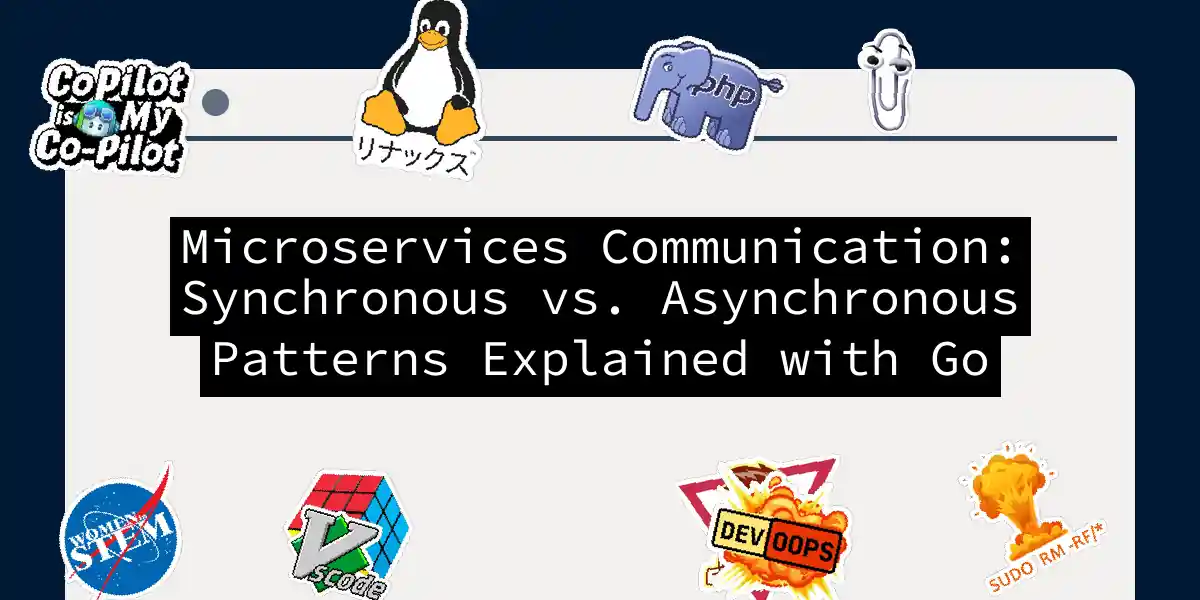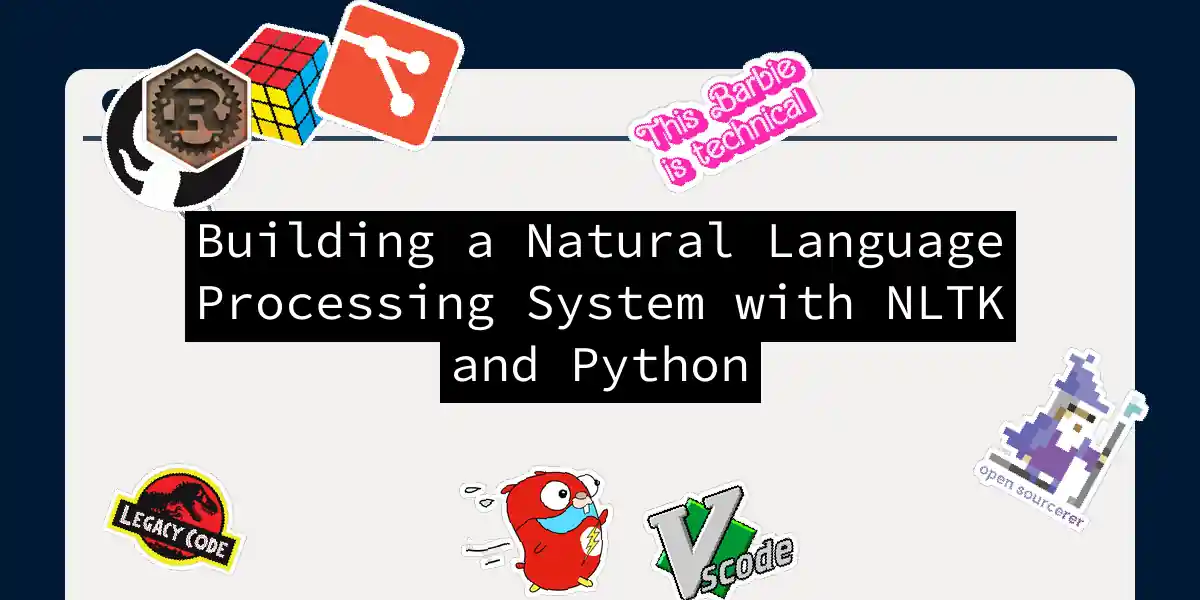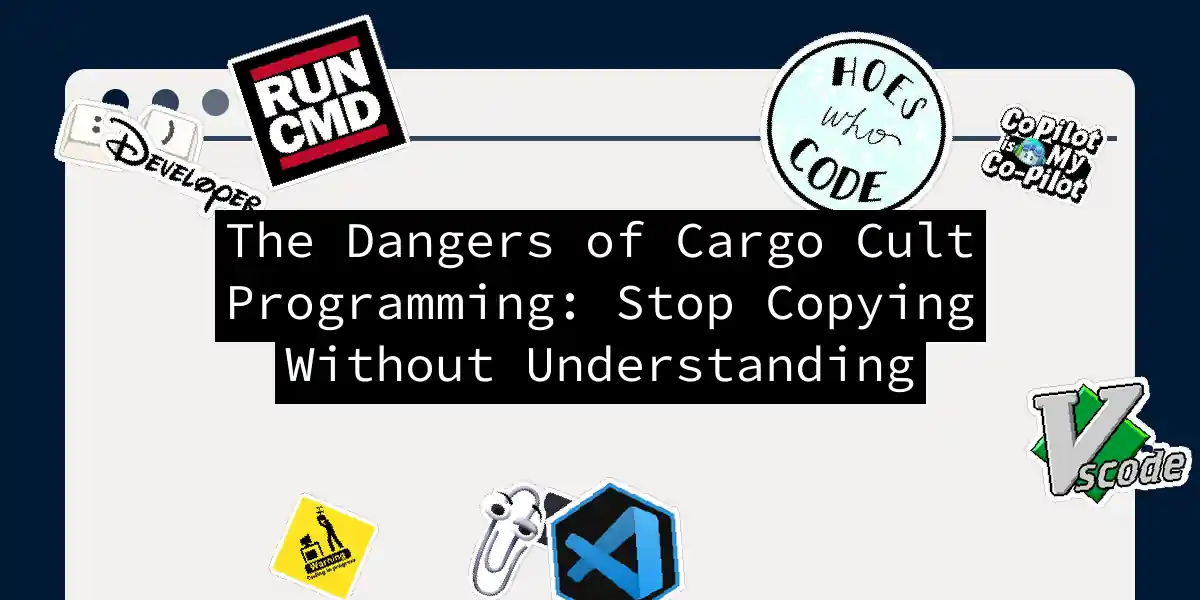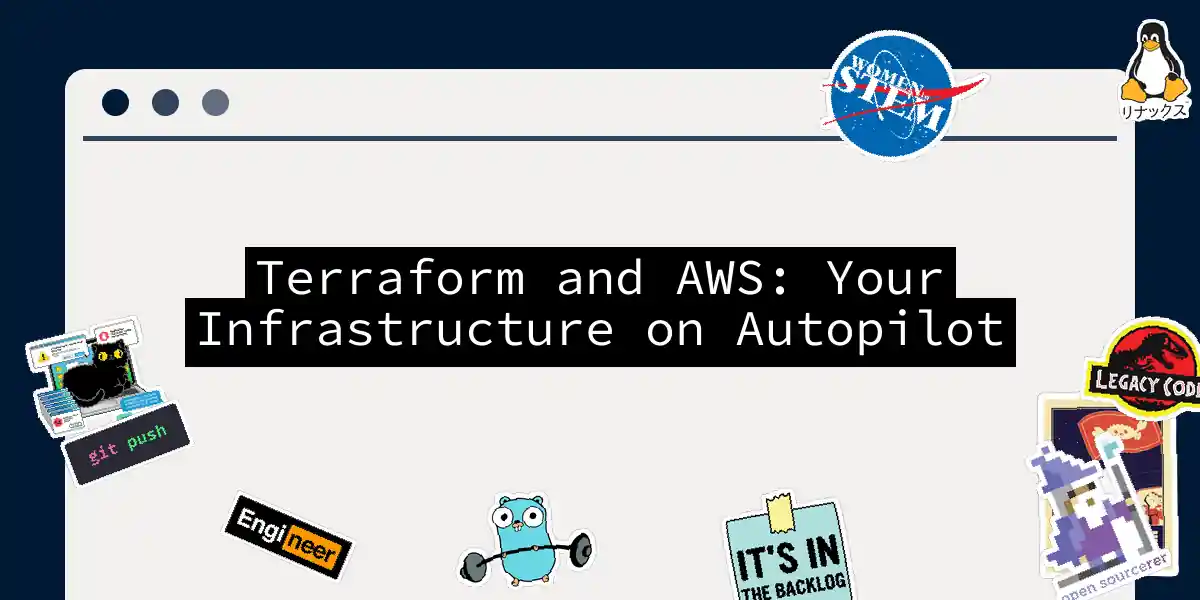
Microservices Communication: Synchronous vs. Asynchronous Patterns Explained with Go
When microservices stop talking to each other, your architecture becomes a digital ghost town—and nobody wants to host a server cemetery. Having wrestled with chatty services and silent pods myself, I’ll show you how to master communication patterns without falling into distributed system pitfalls. Let’s get those microservices gossiping like old friends at a pub. 🔄 Synchronous Communication: The Talkative Twins Imagine two microservices holding walkie-talkies—one shouts, “Hey, need data NOW!...



